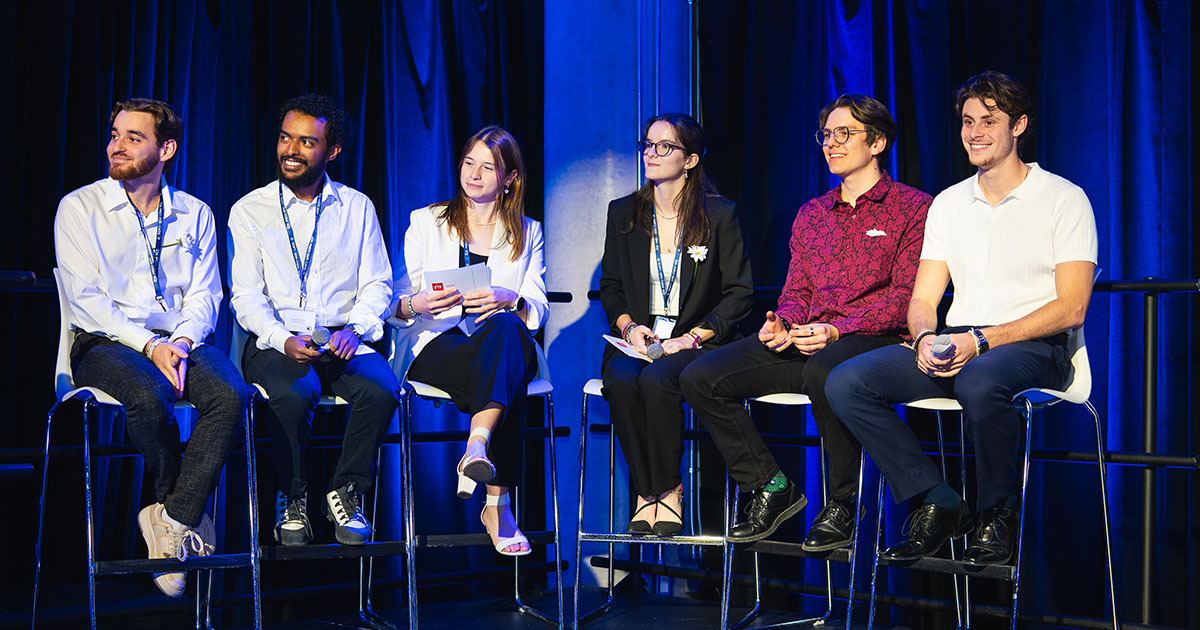
A Sample Tracking Problem
Biobanks play a fundamental role in supplying researchers with biological materials, but they face a major challenge: the inability to track samples once they leave their facilities. This lack of transparency has three major consequences: loss of sample history after external transfers, unverified sample origins in scientific publications, and unauthorized sharing between researchers without biobank consent. Current management systems fail to provide consistent monitoring and control across institutions.
A blockchain-based system
Blockchain’s inherent transparency and security make it ideal for meeting this challenge. We propose a universal identifier system based on blockchain technology to address the traceability issues around shared biospecimens. This solution ensures the full history of each sample is accessible, verifies sample origins in publications, and prevents unauthorized sharing, thus supporting transparency and reproducibility. The system includes:
- A unique identifier for each sample.
- A permissioned blockchain offering immutability, decentralization and transparency.
- Smart contracts for sample registration, transfers and updates.
- A secure API for integration with existing Biobank Inventory Management System.
- A role-based access control system for data confidentiality and security.
- An identifier resolution mechanism for efficient information retrieval.

When a sample is first registered, the blockchain system generates a unique identifier. It records all transfers and updates as transactions on the blockchain. Authorized parties can also query the full history of any sample. Integration with scientific publishing will make it easy for editors and reviewers to verify sample provenance.
Conclusion
The blockchain-based universal identifier system is an innovation in biobank management and biomedical research. It can improve reproducibility, strengthen research integrity, and evaluate biobank impact more effectively. This approach also aligns with the FAIR principles (Findable, Accessible, Interoperable, Reusable). However, implementing this system on a large scale presents challenges, particularly in terms of incentivizing widespread adoption. We propose a phased deployment approach, starting with a pilot phase in collaborative biobanks based on the Annotated Tissue Management platform (ATiM). This platform is used by over 60 biobanks across Canada; the pilot will also address incentives and governance for the biobanking community.
Additional Information
This work was presented as an oral abstract at the ISBER 2025 Annual Meeting and Exhibits, and published in:
The International Society for Biological and Environmental Repositories Presents Abstracts from Its 2025 Annual Meeting
O17 — Blockchain-Based Universal Identifiers for Biobank Sample Tracking in Canada
S. Sion¹, T. Nguyen-Phan², M. Fortin³, A. Mes-Masson⁴ ⁵, K. Zhang¹
https://www.liebertpub.com/doi/10.1089/bio.2025.36661.abstract



